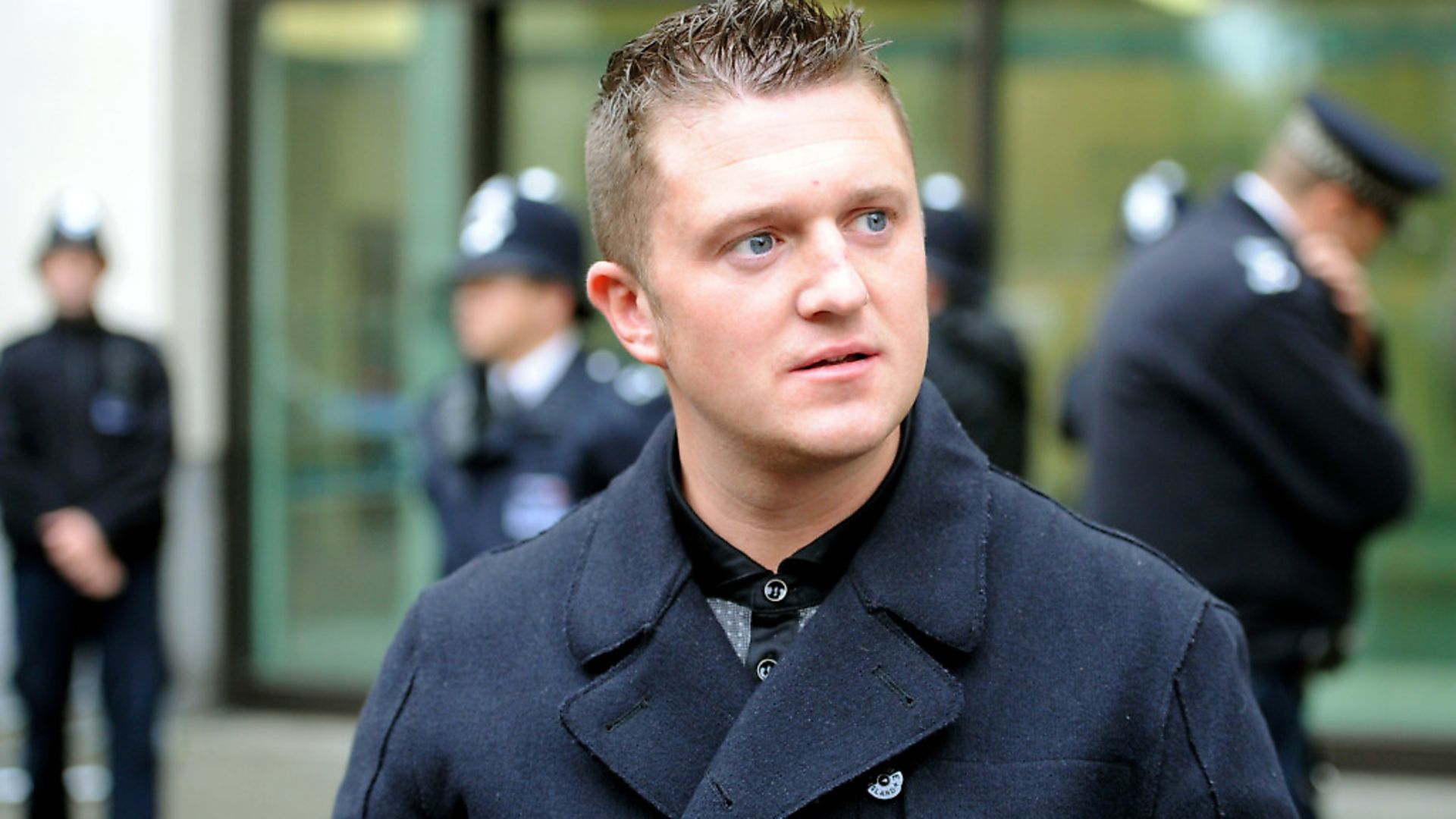
They seem to be creeping more and more into use. But outside the world of showbiz we should be wary of giving public figures the one-name treatment says MIC WRIGHT
Elvis. Prince. Madonna. Britney. Kylie (Minogue or Jenner). Even, at a push, Bono and Sting. These are all people who it’s fine to refer to by mononyms, those cosy single word names that are bestowed upon celebrities. But when it comes to political figures, we should be a little more circumspect about adopting their nicknames.
Alexander Boris de Pfeffel Johnson, the former foreign secretary now returned to being simply an unusually bumptious backbench schemer, has done very well out of his mononym. The three-car pile-up of syllables that make up his given name would never have allowed ‘Boris’ to establish the clown king persona which, teamed with that shock of messy blonde hair and bumbling delivery, has allowed him to slough off controversy throughout his career.
Would Alexander Johnson have been able to navigate a career littered with scandals about racist language in newspaper columns, embarrassments on foreign trips, and costly boondoggles as mayor of London? Probably not. But he’s not the brand. He’s the cretinous operator behind the screen, while the great and powerful Boris of Oz stands out front.
Responding to criticism of his paper’s use of the Boris label back in 2016, the Times’ sketchwriter and diary editor Patrick Kidd explained: ‘Boris is more of a brand than a politician, and so being known by just one name is as much part of the shtick as the messy hair and classical references. I tend to call him BoJo in the diary, which not only takes the brand a step forward but makes him sound like a clown.’
Which would be fine if Johnson was literally a clown, a job for which his physically, demeanour and attitude to life makes him preternaturally suited, but he is not. He’s a former mayor of London, recently resigned as Britain’s top diplomat and continues to jockey for position as a candidate for prime minister. If he achieves that goal – something recent polls of Conservative member suggest his party wants – will the press still give him such cosy treatment? David Cameron may have wished that we would ‘call [him] Dave’ but he was always ‘the prime minister’ or ‘Cameron’ in media reports.
With Jeremy Corbyn, while he’s occasionally referred to as ‘Jeremy’ by supporters and the odd simpatico opinion columnist, it’s his full name to the tune of the White Stripes’ Seven Nation Army that has become the meme.
Worse though than broadcasters and newspapers conceding to the cult of Boris is their recent collapse into referring to Tommy Robinson – real name Stephen Yaxley-Lennon – as simply ‘Tommy’. I’ve noticed the slip myself a few times in recent months, perhaps precipitated by his supporters’ cries of ‘Free Tommy’ on both social media and at real world protest events.
Guardian columnist and BBC presenter, Jonathan Freedland, complained on Twitter of the latest example of the ‘Tommy’ mononym popping up in a BBC report. He tweeted: ‘Puzzling to hear BBC Home Affairs Correspondent repeatedly referring to ‘Tommy’ rather than ‘Tommy Robinson’ on @BBC5Live just after 11am. Not sure the BBC usually adopts first name terms with people in this situation.’
It’s a good point. Particularly when, as I noted earlier, ‘Tommy Robinson’ is not actually the former EDL leader’s given name. He became Tommy Robinson in honour of a football hooligan in his home town of Luton. So far from cosily referring to him as ‘Tommy’, BBC reporters should – according to the Corporation’s own style guide – be calling him Stephen Yaxley-Lennon on the first mention, then simply ‘Yaxley-Lennon’ for the rest of its reports.
If the BBC is concerned about potential confusion amongst viewers or listeners, there’s an easy solution. It should say, ‘Stephen Yaxley-Lennon, who uses the name ‘Tommy Robinson’.’ Kidd is right to say that ‘Boris’ is a brand, but so is ‘Tommy’ and the BBC should not be in the business of promoting brands for anyone.
Why does this all matter? Because whether it’s ‘Boris’ or ‘Tommy’, when news journalists covering political figures – and whether you like it to not Yaxley-Lennon is a political figure of not insignificant influence – using mononyms sacrifices a sense of distance. These nicknames play into myths that these figures create for themselves. Behind ‘Boris’ there is the gimlet-eyed political operator Alexander Johnson. Behind ‘Tommy’? A well-funded far right movement that delights in an impression that it’s a grassroots operation.
Warning: Illegal string offset 'link_id' in /mnt/storage/stage/www/wp-includes/bookmark.php on line 357
Notice: Trying to get property 'link_id' of non-object in /mnt/storage/stage/www/wp-includes/bookmark.php on line 37






